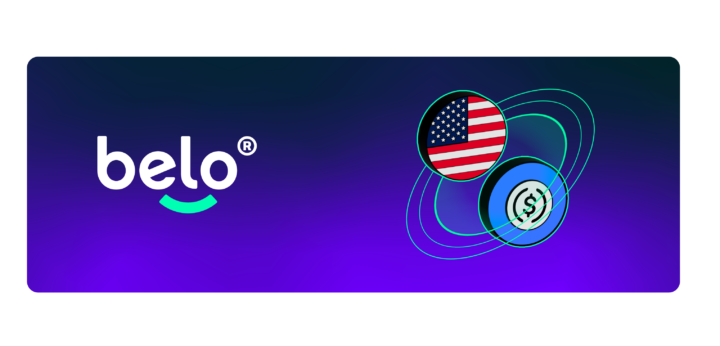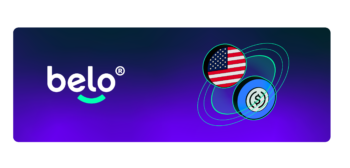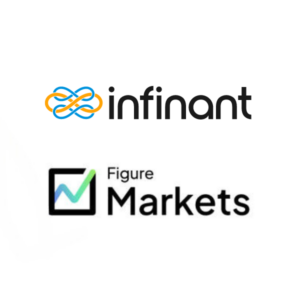This week, the organization that regulates domain names released a list of entities that have applied for new top-level registrations. Most companies kept applications, which cost $185,000 each, to a minimum: Wal-Mart, for example, registered just six of the new suffixes.
Google submitted more than 100.
Some, like .Google, .Android, .Plus, and .Chrome, are straightforward enough. Others were more oblique, like .Car and .DIY, or more generally web-oriented than specific to the Google ecosystem, like .Lol and .Meme.
A number, like .Drive and .Nexus, had clear connections to existing Google products. The suffix .Moto seems likely to have something to do with Google’s recent acquisition of manufacturer Motorola, though .Motorola was not among the company’s applications. Sparing no expense, the company also applied for .You, .Tube, and .YouTube.
One puzzling theme included .Baby, .Mom, .Dad, .Family, .Kid, and .Love. Another inexplicable offering was .Soy, which could refer to a common legume or the conjugation “I am” in Spanish.
ICANN representatives praised the event as a way to open up space in the crowded world of domain names, as well as a tool to promote innovation.
“We are standing at the cusp of a new era of online innovation,” said ICANN CEO Rod Beckstrom, in a press release. “That means new businesses, new marketing tools, new jobs, and new ways to link communities and share information.”
The organization also noted that there will be a period of time during which concerned persons can object to the standing applications.
“A 60-day comment period begins today, allowing anyone in the world to submit comments on any application, and the evaluation panels will consider them,” said ICANN senior vice president Kurt Pritz. “If anyone objects to an application and believes they have the grounds to do so, they can file a formal objection to the application. And they will have seven months to do that.”
Google also made three registrations in foreign languages: Characters meaning “Google” in Japanese and Chinese, in addition to characters meaning “everyone” in Japanese.
In contrast to Google’s strategy, competitor Apple appears to have applied for just one top-level domain, .Apple. No Facebook applications were apparent, either.
Image: MorgueFile








